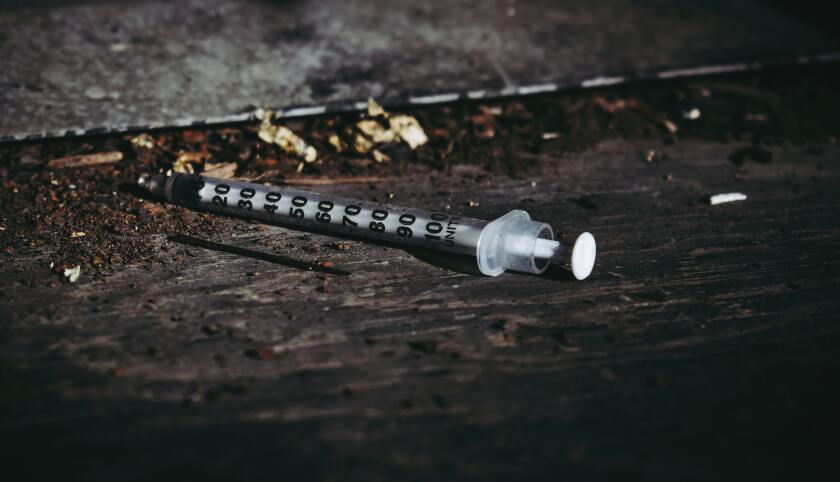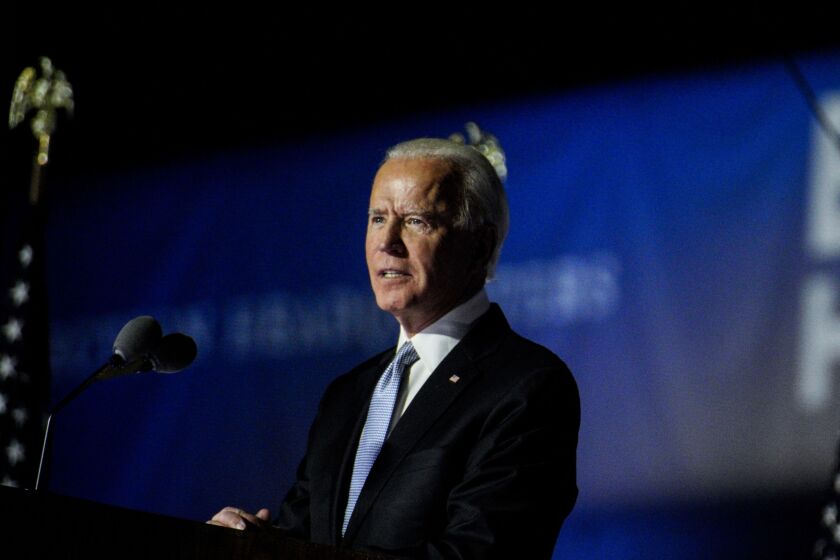COVID-19 has led more employees to engage in dangerous drug and alcohol abuse. With a cost of $740 billion annually in lost productivity and healthcare costs, how can employers intervene before it’s too late?
Seventy percent of Black Americans do not receive mental health treatment. To combat stressors unique to this workplace population, employers must address discrepancies in their employee benefits.
With the presidential election now decided, managers can model empathy and boundary setting to get employees back on track and refocused at work.
“The urgency has never been greater than it is now to provide holistic mental health services,” says Joe Grasso, clinical director of partnerships at Lyra Health.
As employers grapple with creating more diverse and inclusive workplaces, bringing awareness to how microaggressions ostracize their employees is a critical step.
The COVID-19 pandemic flipped our working world on its head.
Demand has soared for mental health services as bank employees put in long hours, supervise kids while working at home and endure personal crises. Citi, BofA, Fifth Third and others are getting creative to help them decompress during the pandemic.
Now is a time for HR managers to reassess healthcare plans and make important changes, health insurance expert says.
For advisers and their clients, the crisis has ushered in a new era for mental health, caregiving and telemedicine platforms
“After my husband died, I couldn’t even tie my shoes,” says Emma Payne, founder of Grief Coach. “The fact that I was expected to go back to work was unthinkable.”













